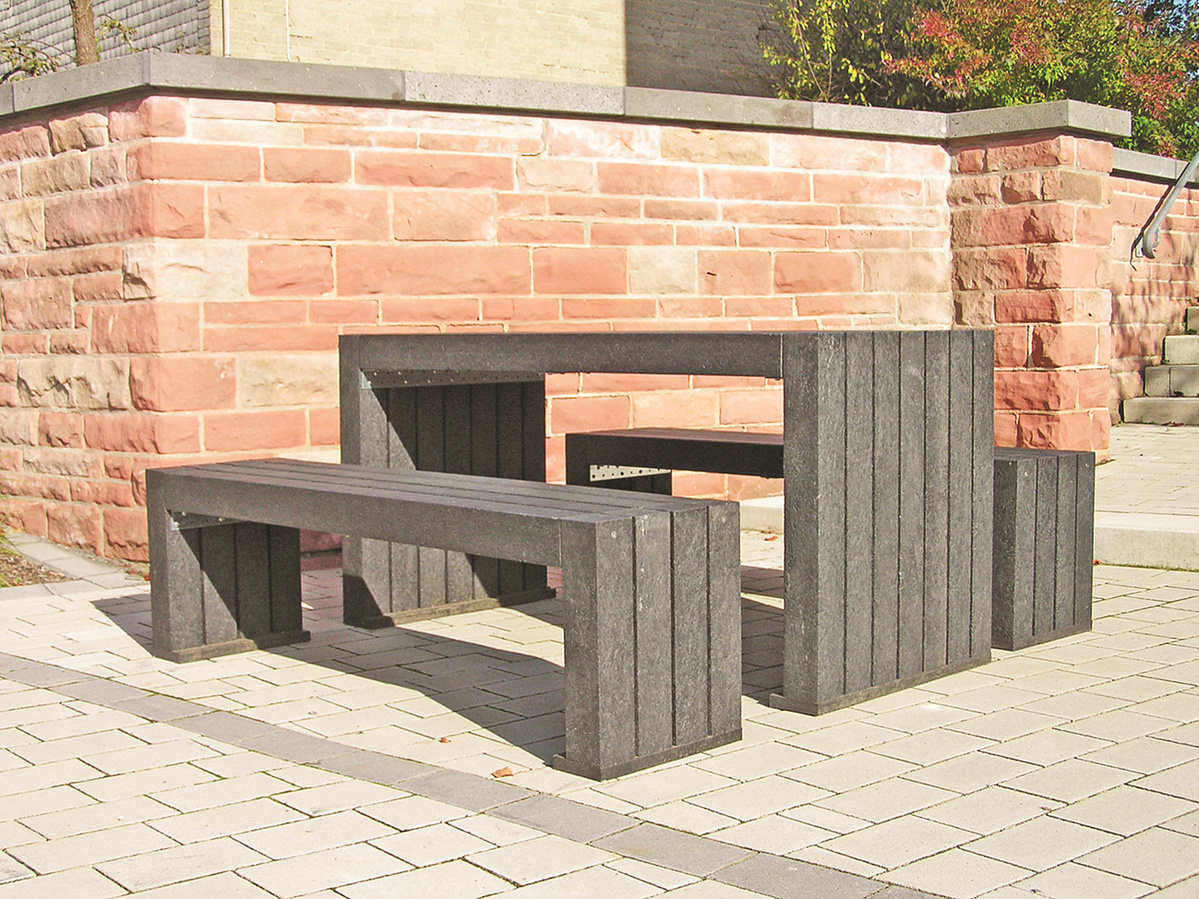Britain, China and the war on waste


On an industrial estate next to Heathrow Airport, workers sort through disposable cups and glasses of all shapes and sizes – among them coffee cups discarded in street bins by Londoners on their way to work and pint-sized containers left on beer-stained stadium floors by soccer fans.
The cups are sorted by type, and tightly packed into bails that will soon be turned to pulp at a reprocessing plant.
In time, that pulp will be used to make new goods – pencils, rulers, notebooks, even picnic tables.
In recent years, much of this waste would have been exported to China, but China's decision to stop importing other countries' waste has shook the United Kingdom out of its complacency and forced it to address its failures to reduce waste and recycle it.
The Simply Cups recycling project, a partnership between environmental company Closed Loop UK and waste management enterprise Simply Waste Solutions, is the first scheme in Britain to add value to the disposable cup.
Coffee cups are the scourge of the waste industry in the UK. They are difficult and expensive to recycle because they require a specialized facility to separate the plastic lining from the paper outer section of the cup. Prior to the establishment of such a place five years ago, almost all of the 2.5 billion coffee cups that Britons discard each year were either buried or burned.
By bringing together stakeholders and orchestrating a system in which cups are collected, pulped, and made into new products, Simply Cups has ensured that 1 percent of those discarded cups are now recycled. It is a drop in the ocean, but a start, said Peter Goodwin, director of Closed Loop UK.
Closed Loop initiated a similar scheme that helped take plastic bottle recycling rates in the UK from 3 percent in 2001 to almost 50 percent today.
According to Goodwin, these schemes are what Britain needs urgently, now that China has stopped accepting foreign garbage.
On Jan 1, China halted imports of mixed paper and post-consumer plastic products from the UK and other nations, due to concerns about the environment and capacity constraints.
"What the Chinese announcement has highlighted is the real capacity gap that we have in the UK," Goodwin said.
Cheaper recycling options abroad have led to the closure of hundreds of paper recycling mills in the UK since the 1970s.
One of Closed Loop's plastic recycling centers had to shut down four years ago, when low oil prices made new plastic a cheaper option for manufacturers, and Britain exported record levels of scrap plastic to China as a result.
Up until this month, China was the main recipient of British exports of scrap paper and plastic.
































